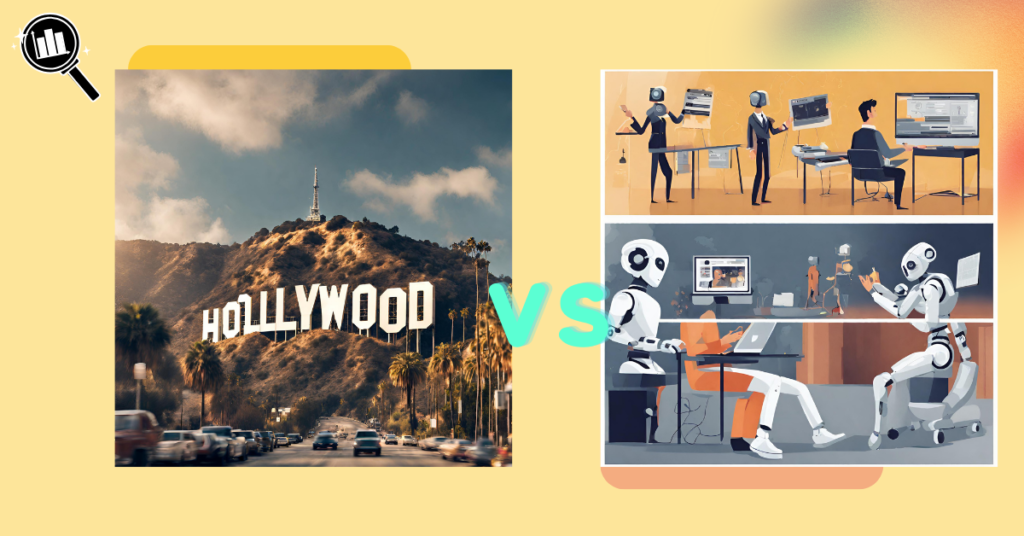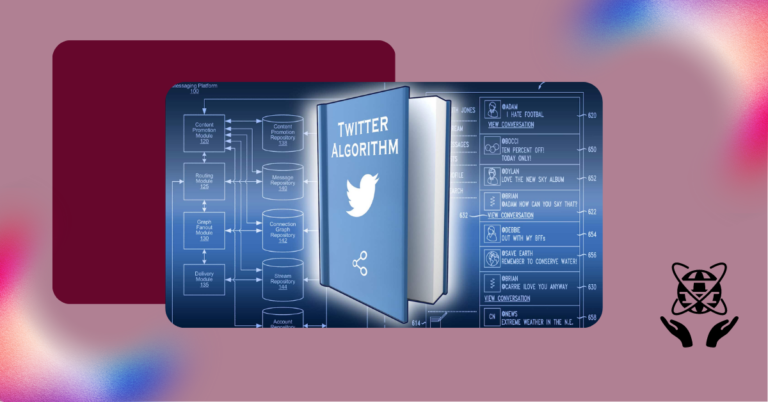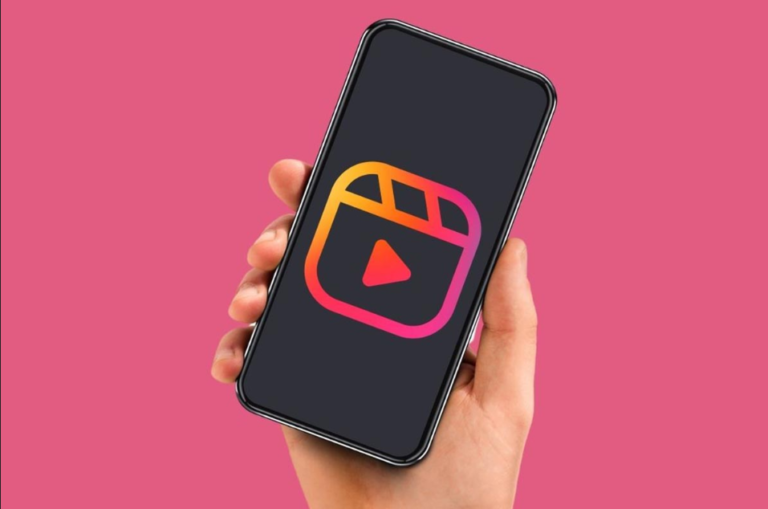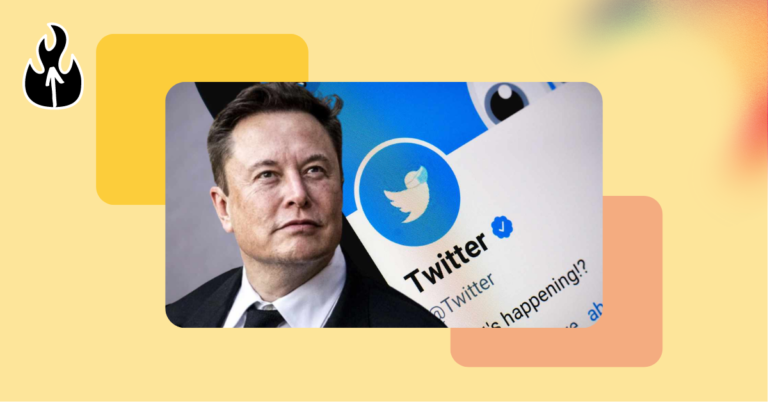
As someone who lives at the intersection of digital analytics and entertainment, many media clients I work with are clamoring for a POV around the latest disrupter in AI technology, OpenAI’s “Sora.” The presentation around Sora was amazing, and what it can do is phenomenal. It is already having a revolutionary impact on the Entertainment industry as a whole. It’s so disruptive the potential of AI even convinced Tyler Perry to halt an $800 million expansion of his studios.
With AI, creativity truly knows no bounds, and the line between human intelligence and machine intelligence is blurred…and there is no point of return. So, I decided to research generative AI’s impact on the Entertainment industry to develop my point of view on its impact. Luckily, I had the opportunity to read a recent study by the consulting firm CVL Economics. The Animation Guild, the Concept Art Association, the Human Artistry Campaign, and the National Cartoonists Society Foundation commissioned CVL Economics for a study that included C-Suite executives, senior executives, mid-level managers, and producers. In the study, they talked to over 300 leaders examining the effects and ramifications of using generative AI.
Potential Impacts
As a content creator and a digital analytics specialist, I’ve witnessed firsthand the transformative power of AI. It goes beyond simply automating tasks or crunching numbers; AI has opened up a whole new world of possibilities that didn’t exist before. We’ll soon begin to see widespread transitions from how films are made now into processes that integrate AI. These new processes will upend labor demand, creative processes, and even equipment within the entertainment industry.
In the new AI-controlled world, roles will be consolidated; new roles will be created or eliminated. According to the study, over 203K jobs are expected to be disrupted in the US by 2025, with the majority (62K) coming from California. Unfortunately, “Non-payroll workers are disproportionately vulnerable to contract work displacement compared to the population of creative workers overall. And given that the entertainment industries on average employ a greater share of gig workers compared to other sectors, the total number of affected jobs will likely be even more significant,” the study states.
Understanding What Generative AI Is

So, let’s go back to the beginning. What exactly is “Generative AI”? I like to explain it like this: Imagine if you had a partner who could learn from an endless stream of data. It can identify images, text, patterns, styles, or techniques and, take that information and produce content that resembles human emotions, sensibilities, and thinking. In my opinion, it doesn’t replace human creativity; it just enhances it.
Generative AI operates by ingesting vast amounts of data. Within the entertainment industry, it can be scripts, scores, directing styles, or visuals—and it applies algorithms to generate new creations that are unique, engaging, and sometimes downright scary or innovative, depending on how you look at them. In 2022, generative AI played a role in creating the film Everything Everywhere All at Once. The result was a wonderful, mind-bending cinematic experience. But AI can’t replicate the magic of Kubrick or Spielberg, at least not yet. However, the study did find that “Over 90% of business leaders foresee GenAI playing a larger role in the entertainment industries, with 26% indicating it would play a significantly larger role over the next three years.” However, only 26% felt their organizations were fully prepared to integrate GenAI into their current workflows.
The Historical Journey of AI
The Entertainment industry has been on a rollercoaster ride akin to Expedition Everest at Disney’s Animal Kingdom. (IYKYK) The first experiments using artificial intelligence were rudimentary, but they provided the groundwork for the future. Fast forward to today, and AI is not just contributing to the creative process; it’s driving it.
A pivotal moment in this story was when Chat GPT, an AI language model, began to help writers create storylines, character arcs, and dialogue. Not only could it do that, but you could use it to compose music and visuals within seconds. Each step to where we are now with Sora has been a major leap toward bringing together machines and humans to create cinematic masterpieces collaboratively.
As someone immersed in analytics and analyzing audience data, behaviors, and reactions to films, generative AI allows filmmakers and studios to tell stories in new and exciting ways. It enables me to analyze trends and predict what content will resonate with audiences. Thanks to AI’s creative ability, we can now craft cinema that is not only innovative but also very personal.
The Future of Generative AI

The truth is this: it is time to rethink the role of “creator” and evolve within the Entertainment industry. Technology has only ever progressed, and AI is no different. As we look to the future, it’s clear that generative AI will continue to play a pivotal role in shaping the narrative of the entertainment industry, blurring the lines between science and art and between human and machine creativity. As we navigate this new landscape, it’s an exciting time to be at the intersection of filmmaking and digital innovation, where every day offers the promise of discovering new ways to tell our stories and connect with audiences around the globe.
What’s Next In Entertainment & AI
After reading the Future Unscripted, I’ve decided more than one article is needed; there is so much more to explore and unpack, like understanding how GenAI will disrupt the Music and Sound, Gaming, and Media industries. I also plan to delve into the ethical and legal concerns GenAI presents to filmmakers, actors, writers, and producers. Don’t get me started on the use of digital avatars and the use of synthetic voices. But as always, I’ll be on social listening to what everyone has to say about this rollercoaster ride called AI. I’d love to hear your thoughts on how AI is impacting the entertainment industry or any questions you may have
Stay tuned for Part 2 of this series, where I’ll discuss how GenAI can analyze vast amounts of data, including audience preferences, market trends, and historical box office performances, to predict blockbusters. We’ll also tackle how AI & social listening can be used collaboratively to identify patterns and trends humans alone may miss. Lastly, I’ll cover how AI can be used to analyze audience data and content performance to develop storylines, characters, and themes that emotionally resonate with viewers.



